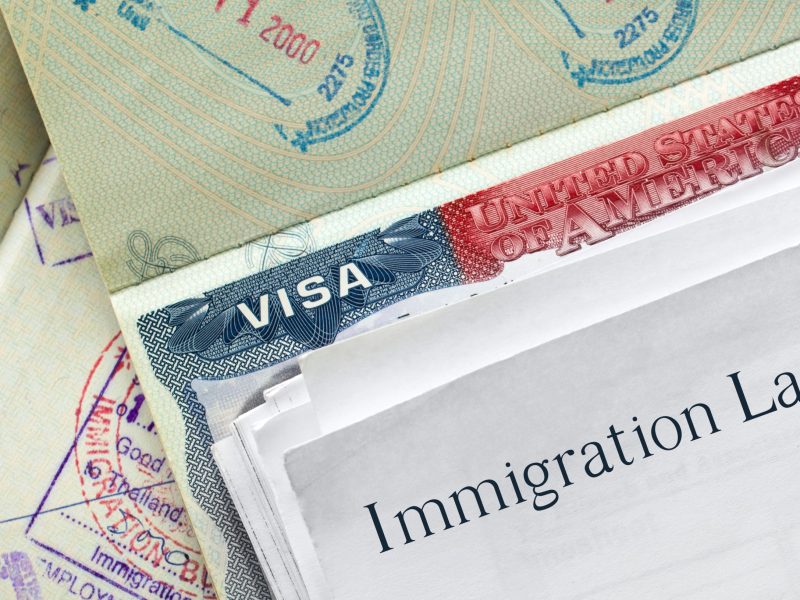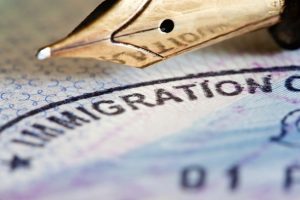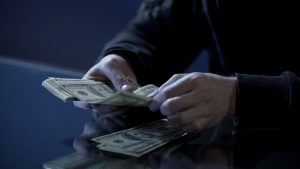Joff Stenn Wroy Philossaint did not lie on his application for U.S. Citizenship about committing any crime for which he was arrested for. Nor did he misrepresent the receipt of any public benefits. He just waited till after he filed before he committed a crime or take U.S. public benefits. That crime he committed was defrauding COVID-19 Payment Protection Program benefits.
In April 2020, Philossaint, a Haitian national, had applied to become a U.S. citizen. While his application was pending, Philossaint started his scheme to defraud the U.S. government. Starting in April 2020 (right after that citizenship application was mailed!) through May 2021, Philossaint orchestrated a COVID-19 loan scheme helping about a dozen South Florida businesses apply for $3 million in phony loans under the federal Paycheck Protection Program. Philossaint collected a 10 percent commission fee for his services rendered.
On December 15, 2020, in the middle of Philossaint’s endevers, a U.S. Citizenship and Immigration Services officer interviewed Philossaint in connection with his citizenship application. Philossaint confirmed that everything on that application was accurate. Which was unfortunate as Philossaint was in the throws of fraudulently stealing pandemic benefits. Philossaint won approval to become a naturalized U.S. citizen based on these false representations.
Fortunately, U.S. immigration law allows the government to revoke the citizenship of people who were engaged in crimes at the time they applied, even if they had not yet been arrested for or convicted of them. Which is what the government decided to do after Philossaint pled guilty to pandemic benefit fraud in November 2022. On February 9, 2023, a jury found Philossaint guilty of illegally obtaining his U.S. citizenship by lying about fraud that he committed while his citizenship application was pending. Back to Haiti for Philossaint.
Today’s Fraud of the Day is based on an article “Florida man faces more than prison for $3 million PPP fraud. He’ll lose citizenship” published by Miami Herald on February 9, 2023
A South Florida man facing prison for his role in stealing millions from a federal COVID-19 loan program not only faces a prison term but also another consequence of his crime — loss of his naturalized citizenship and possible deportation to his native Haiti.
That punishment looms because of a wrinkle in U.S. immigration law that allows the government to revoke the citizenship of people who were engaged in crimes at the time they applied — even if they had not yet been arrested for or convicted of them.




